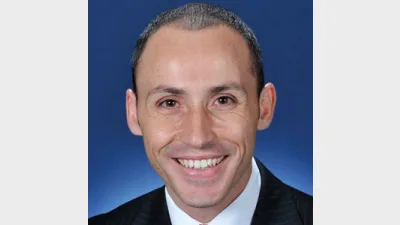Draft PAYG for major taxpayers released



The Federal Government has released draft legislation on amendments to Pay As You Go (PAYG) instalments for major taxpayers.
The Assistant Treasurer and Minister for Deregulation, David Bradbury, said the reform would make the tax system more responsive, efficient and consistent by better matching tax collections with economic conditions faced by business, and align company tax instalments with GST payments.
Bradbury said submissions to the February consultation paper outlined a number of longer-term reforms which Treasury and the Australian Taxation Office were assessing with relevant parties.
In a submission to Treasury, the Financial Services Council (FSC) argued for continued quarterly PAYG instalments, citing increased compliance costs.
The Business Council of Australia (BCA) said as well as heightened compliance costs — which could increase the administrative time spent on tax by 200 per cent for some companies — amendments to PAYG for large companies had the potential to impact cash flow, reduce liquidity of investments and increase companies' interest costs.
The BCA said accurate monthly instalment calculations would be unworkable, as a company's final tax liability could only be worked out after year's end when the company's accounts had been finalised and all tax adjustments had been recognised and attributed, including the realisation of gains or losses on the disposal of assets, and the realisation of foreign exchange gains and losses.
The move from annual to quarterly tax instalments was announced in the 2012-13 Mid-Year Economic and Financial Outlook.
Treasury aims to release a proposals paper later in the year following targeted consultation which will close on 15 April, according to Bradbury. Legislation is expected before the second phase of the reform beginning 2015, he said.
Recommended for you
The super fund has launched Retirement Manager, a digital advice tool helping members plan income, spending, and retirement confidence with integrated support.
APRA has warned retail super trustees that financial adviser involvement in recommending platform products does not diminish their obligations, as regulators turned the spotlight on the Shield Master Fund and First Guardian Master Fund during a meeting with fund CEOs.
AMP’s chief economist has unveiled a wish list for the Australian government’s Economic Reform Roundtable.
Australian retirees could increase their projected annual incomes between 3 and 51 per cent by incorporating personal and household data into their retirement income strategies, according to new research.










